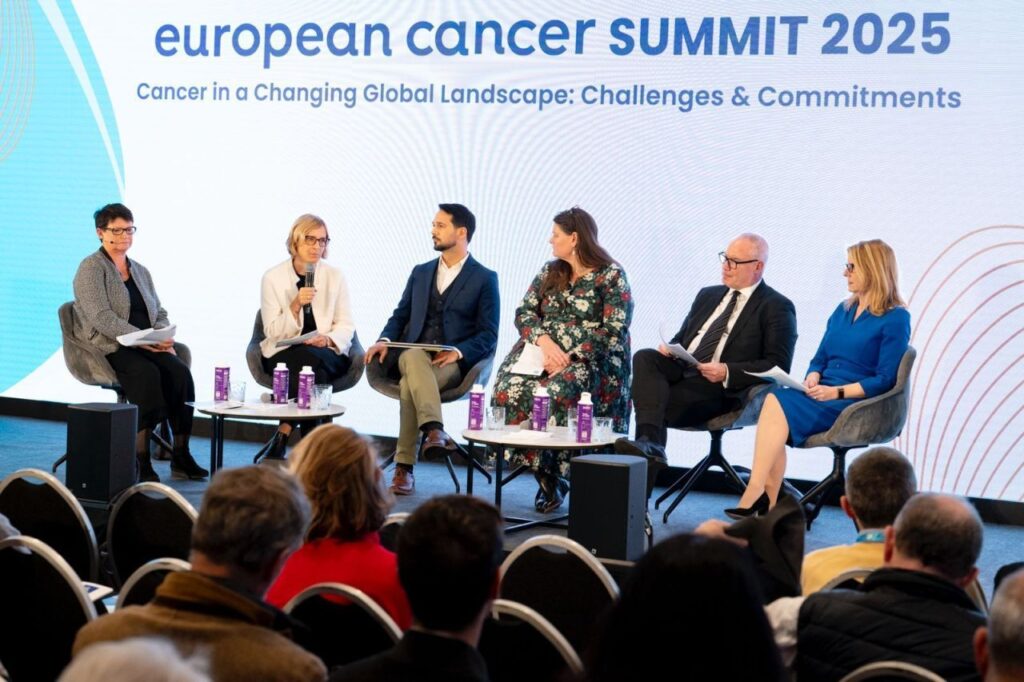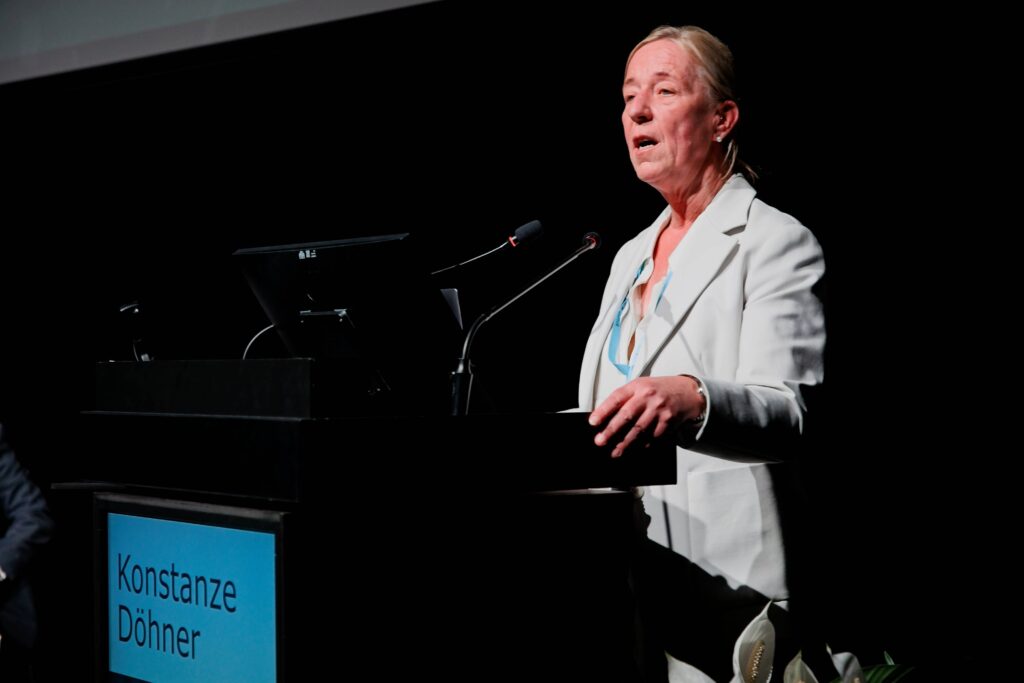Wednesday, November 26, 2025
EHA’s president-elect speaks at the European Cancer Summit

Tuesday, November 25, 2025
EHA Accelerates Growth and Charts Its Path to 2030

Thursday, October 9, 2025
EHA Launches Clinical Guidelines on Multiple Myeloma and Large B-Cell Lymphoma

Monday, September 29, 2025
EHA-led Coalition for Reducing Bureaucracy in Clinical Trials publishes new recommendations

Wednesday, September 24, 2025
The European Hematology Association (EHA) announces an invitation to tender for professional conference organizer services for its annual congress

Monday, September 22, 2025
New EU legislation revolutionizes healthcare data access

Monday, September 1, 2025
New BioMed Alliance statement on the EU pharmaceutical reform co-written by EHA

Thursday, July 31, 2025
EHA seeks experts to join its Focus Group on Health Data and AI

Thursday, July 17, 2025
EHA launches official EHA2025 scientific reports: Perspectives in Hematology

Tuesday, July 15, 2025
GoCART Coalition statement on the FDA’s removal of the REMS for autologous CAR T-cell therapies

Wednesday, July 2, 2025
La Cantera in Lyon—a coaching event round-up
Friday, June 20, 2025
EHA holds its 2025 Annual General Meeting
